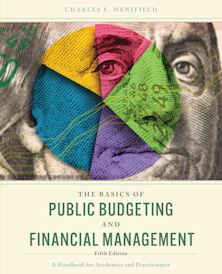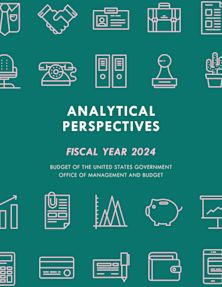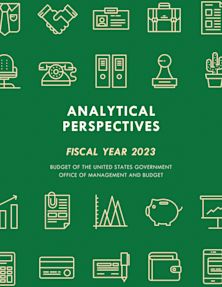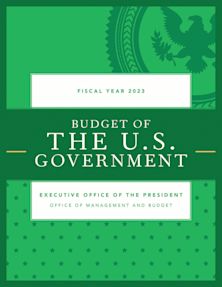The Ontology and Function of Money
The Philosophical Fundamentals of Monetary Institutions
The Ontology and Function of Money
The Philosophical Fundamentals of Monetary Institutions
This product is usually dispatched within 1 week
- Delivery and returns info
-
Free CA delivery on orders $40 or over
Description
The central thesis of the book is that in order to evaluate monetary policy, one should have a clear idea about the characteristics and functions of money as it evolved and in its current form. That is to say that without an understanding about how money evolved as a social institution, what it is today, and what is possible to know about monetary phenomena, it is not possible to develop a meaningful ethics for money; or, to put it differently, to find what kind of institutional arrangements may be deemed good money for the kind of society we are in. And without that, one faces severe limitations in offering a normative position about monetary policy.
The project is, consequently, an interdisciplinary one. Its main thread is an inquiry of moral philosophy and its foundations, as applied to money, in order to create tools to evaluate public policy in regard to money, banking, and public finance; and the views of different schools on those topics are discussed. The book is organized in parts on metaphysics, epistemology, ethics and politics of money to facilitate the presentation of all the subjects discussed to an educated readership (and not necessarily just one with a background in economics).
Table of Contents
2. Brief Account of the Intellectual History of Money, Starting with Aristotle
3. Menger, Simmel, and Mises on Money Value
4. Comte's Positivist Epistemology and Politics in a Comparative Analysis with the Austrian School of Economics
5. What is it Possible to Know about Money?
6. The Ethics of Money
7. Are There Unsurmountable Arguments for Monetary Prerogatives?
8. The Demand for Money, The Business Cycle, And The Current Monetary Regime
9. Incentives to Supply an Optimum Amount of Credit Under a 100% Reserve Requirement
10. “Inflation Targeting”: Neither New nor Effective
11. The Future of Money
12. Concluding Chapter
Product details
| Published | Dec 24 2015 |
|---|---|
| Format | Hardback |
| Edition | 1st |
| Extent | 470 |
| ISBN | 9780739195116 |
| Imprint | Lexington Books |
| Illustrations | 4 b/w illustrations; 19 tables; |
| Dimensions | 234 x 163 mm |
| Series | Capitalist Thought: Studies in Philosophy, Politics, and Economics |
| Publisher | Bloomsbury Publishing |
Reviews

ONLINE RESOURCES
Bloomsbury Collections
This book is available on Bloomsbury Collections where your library has access.


































